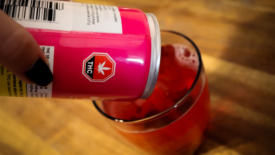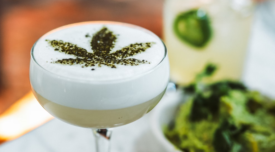Home » CBD
Articles Tagged with ''CBD''
Issues With CBD Edibles: Heavy Metals Contamination, False Label Claims
September 26, 2022
Never miss the latest news and trends driving the food safety industry
eNewsletter | Website | eMagazine
JOIN TODAY!Copyright ©2024. All Rights Reserved BNP Media.
Design, CMS, Hosting & Web Development :: ePublishing










